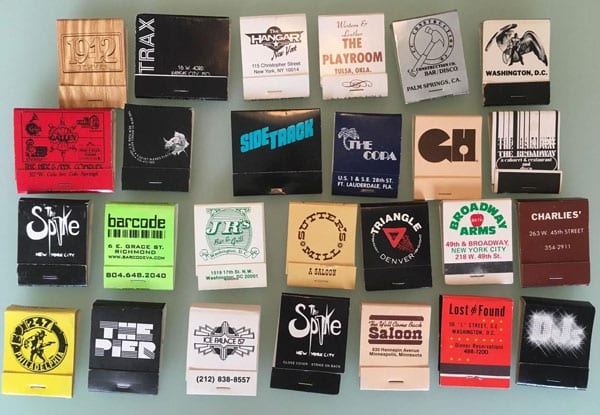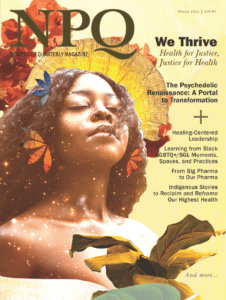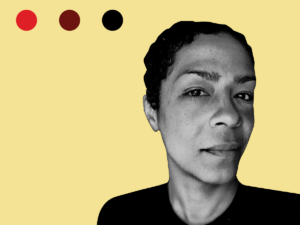
January 8, 2019; Hyperallergic
Museums and libraries are facing a struggle to remain attractive to younger audiences in a digital age, and the creative ones have come up with some remarkable ways to stand out. The Los Angeles Public Library has chosen to host 21 Collections, a quirky assemblage of objects that tell stories of different communities in the city.
The Gay Bar Matchbooks, for instance, are from the ONE Archives, which are dedicated to preserving materials related to LGBTQ activist work. The matchbooks are all from SoCal gay and lesbian bars, which provided safe space for a community that was once excluded from almost everywhere else. The Doll Hats belonged to Olive Percival, a prominent member of the women’s suffrage movement. The Bullfighting Collection “speaks to the Spanish cultural heritage of Los Angeles, where bullfighting was once a common activity at religious festivals.” The Candy Wrapper Museum is a nostalgia trip for anyone with a sweet tooth. (The New York Times’ Mary Choi made an excellent case for the personal and cultural significance of one’s candy preferences.)
Sign up for our free newsletters
Subscribe to NPQ's newsletters to have our top stories delivered directly to your inbox.
By signing up, you agree to our privacy policy and terms of use, and to receive messages from NPQ and our partners.
The Library Foundation of Los Angeles is supporting this exhibit, which opens this Sunday at the central library location. The foundation’s sole mission is to support the Los Angeles Public Library (LAPL), and they do pretty well; in FY 2016, they raised over $8 million. LAPL has the fourth-largest public library collection in the US and the second-largest number of library visits per capita, according to the Institute of Museum and Library Services’ 2016 survey. While most public libraries are funded by property taxes, LAPL’s supporting foundation raises money that allows them to pay for reading programs, author events, and unique attractions like an Oaxaca language exhibition or 21 Collections.
The exhibit highlights libraries’ role as the keepers of stories, the repository of learning and sharing in a community. It brings stories from across LA’s community out from the shelves and on display, where viewers will directly encounter, for instance, shadow box dioramas depicting Skid Row.
NPQ has highlighted other cultural institutions that reach out into the community and make storytelling through art a more inclusive, intersectional activity. It seems more institutions are catching on and we are intrigued to see what’s next.—Erin Rubin













